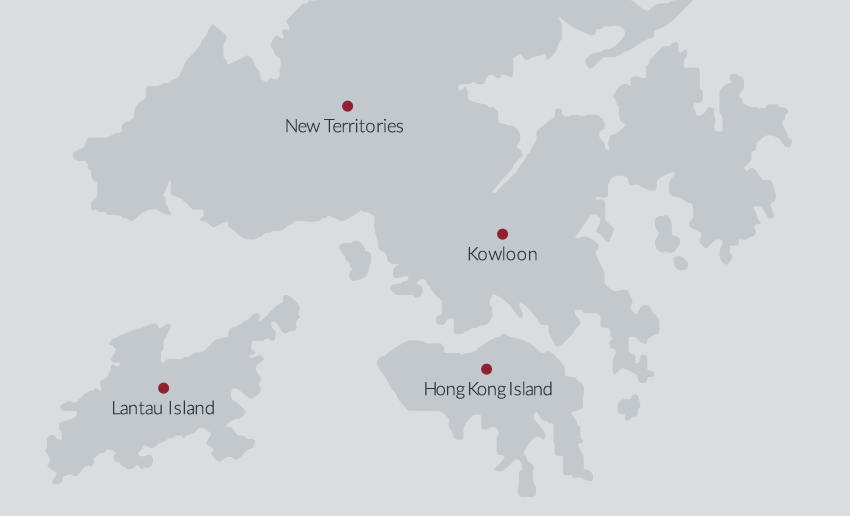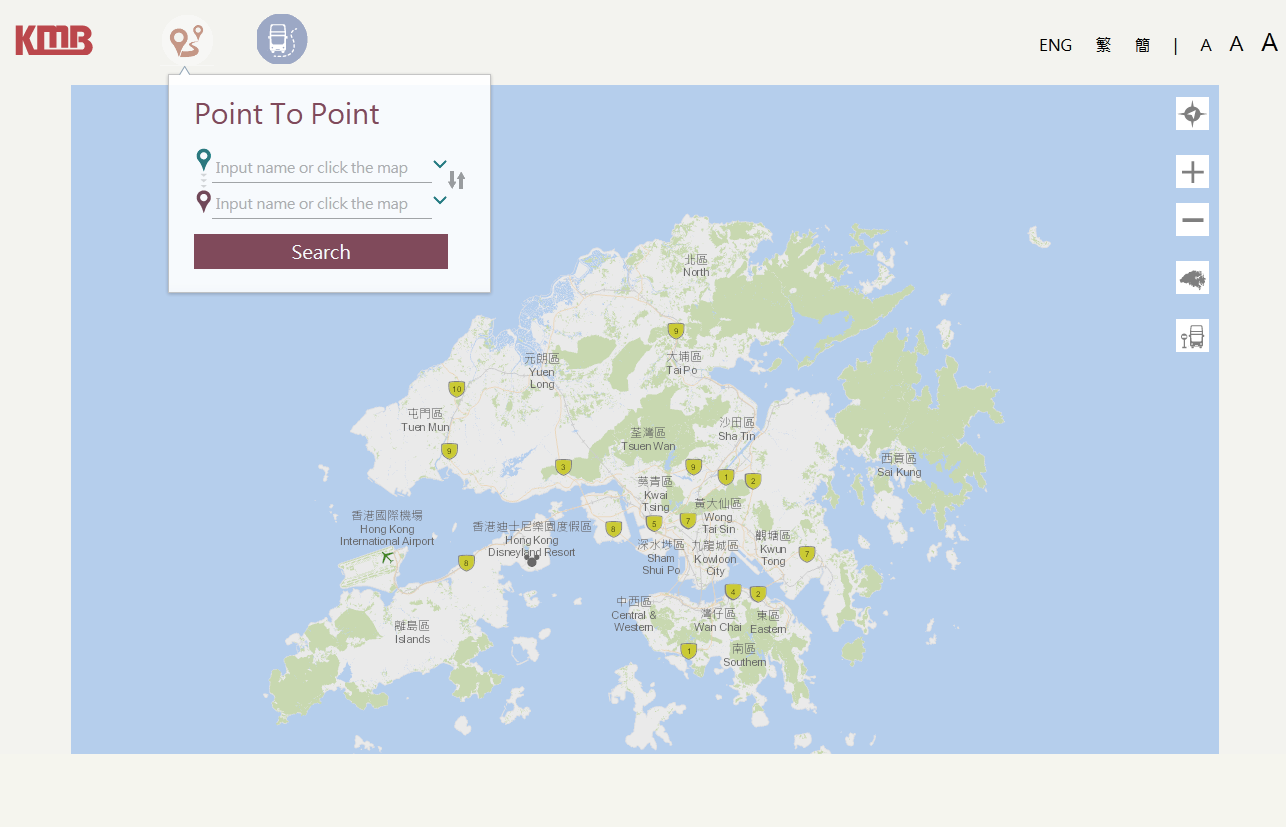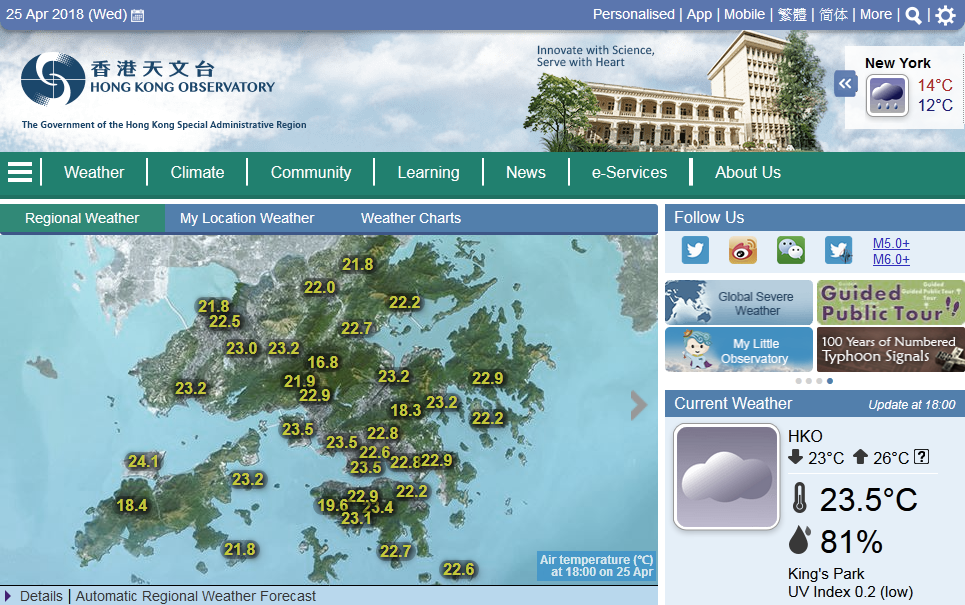About Hong Kong

Geography
Positioned at the mouth of the Pearl River Delta on the coast of southern China, Hong Kong’s geographical position as a gateway between the East and West has made it an attractive centre for international trade. As a reflection of this, the heart of Asia’s world city has always been the bustling and beautiful Victoria Harbour. Hong Kong’s 1,104-square-kilometer area comprises Hong Kong Island, which lies to the south of the harbour, the Kowloon Peninsula, which forms its northern shores, the New Territories to the north of Kowloon, which stretch all the way to Mainland China, and more than 200 outlying islands, including Lantau Island, where Hong Kong International Airport is located.
Transportation
Although local transportation will be arranged throughout the competition, you may want to use Hong Kong’s highly efficient local transportation network to explore the city when you are free.
MTR
The underground system in Hong Kong is called Mass Transit Railway (MTR). You can reach most urban areas with the MTR. Like many other underground systems in the world, you will need to check the interchange stations beforehand.
Tickets for the MTR can be bought in the stations.
The information can be found on their website:

Walk to the K.K. Leung building from HKU MTR station
Bus
The two major bus companies in Hong Kong are The Kowloon Motor Bus Co. (KMB) and Citybus. Most bus are double deckers and you can enjoy the street view while taking a bus especially when sitting on the upper deck. Busses usually take more time, and there is a chance of traffic jam during peak hours. Another thing you need to be reminded is that there are so many routes run by these two companies that even the locals do not know most of them. When you ask a passer-by for a suitable bus route he or she might not be able to help you.

Weather
Hong Kong's climate is sub-tropical, tending towards temperate for nearly half the year. May to August are hot and humid with occasional showers and thunderstorms, particularly during the mornings. Afternoon temperatures often exceed 31 degree Celsius (87.8 in Fahrenheit) whereas at night, temperatures generally remain around 26 degree Celsius (78.8 in Fahrenheit) with high humidity. According to data from the Hong Kong Observatory, the average temperature of June 2017 was 28.8 degree Celsius (83.8 in Fahrenheit). It is also the month when Hong Kong had the most precipitation.
To check the local weather, you can use the app by the Hong Kong Observatory, or visit their website:

Other
For more information about Hong Kong, please visit the official website of Hong Kong Tourism Board:
